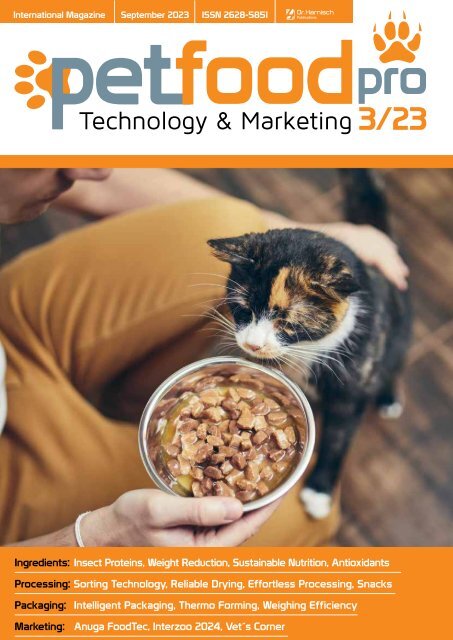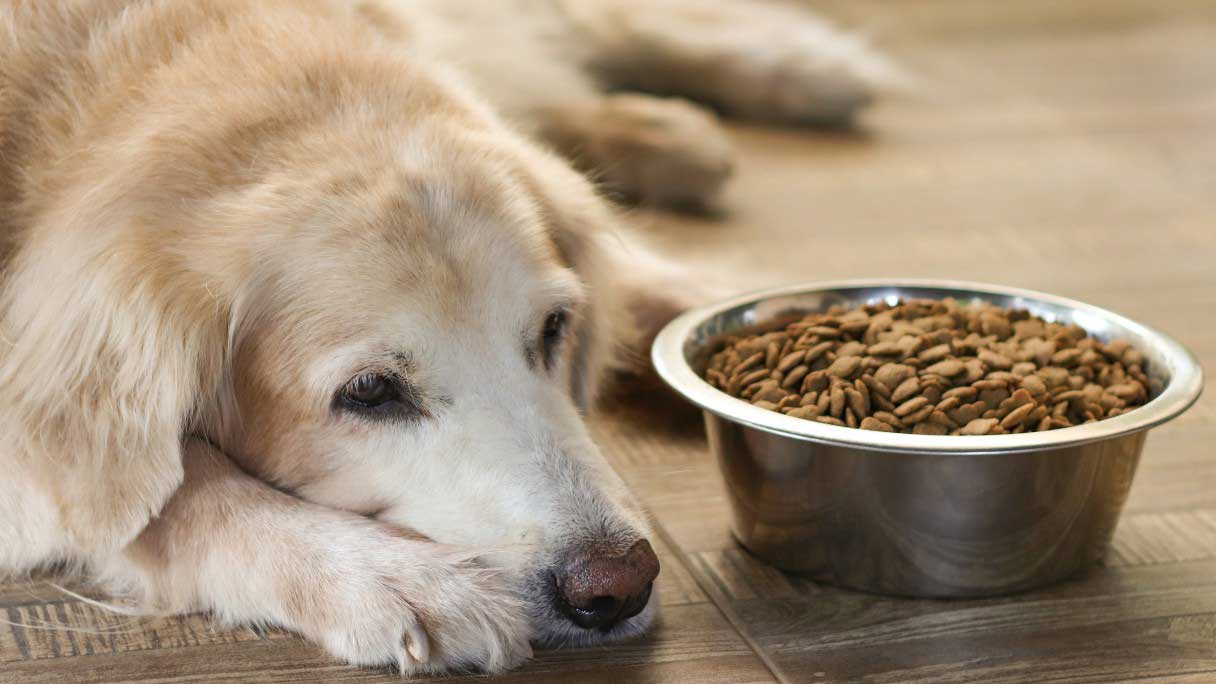My Dog Eats Aluminum Foil
If my dog eats aluminum foil, it could lead to gastrointestinal blockage or toxicity. Immediate consultation with a veterinarian is crucial for your pet’s health.
Dogs often exhibit a natural curiosity about the food we eat, and, unfortunately, this sometimes includes the packaging. While the ingestion of aluminum foil typically raises alarm, the severity of the situation depends on factors such as the amount consumed and the size of your dog.
Prompt attention is vital to mitigate potential risks, including choking, internal bleeding, or a blockage that might require surgical intervention. Therefore, monitoring any unusual behavior and ensuring the dog does not access foil or other harmful substances is key to their safety.
Our furry friends rely on us to keep their environment clean and risk-free, underscoring the importance of pet-proofing our homes.

Credit: www.yumpu.com
The Risks Of Aluminum Foil Ingestion In Dogs
Dogs chewing on aluminum foil can face serious health risks. Choking is a primary concern; the foil can form a ball in the throat. Immediate veterinary help is crucial if choking occurs.
Multiple pieces of swallowed foil could cause intestinal blockages as well. Regarding toxicity, aluminum itself is not widely regarded as a heavy metal with high toxicity.
Nevertheless, the concern comes with foil that has food residue. Foods high in fat, salt, and spices are dangerous to dogs and can lead to poisoning if ingested with the foil. Always keep foil out of paw’s reach.
You are interested on dog food.
Signs Your Dog Has Eaten Aluminum Foil
Notice if your dog seems ill after eating foil. Vomiting or retching are clear signs. Look for lack of appetite and lethargy in your pet. Their stool might change, becoming either too hard or too loose. These issues mean a trip to the vet is important.
Changes in your dog’s behavior are alarming too. They might whine more or seem restless. Constant pacing or difficulty sitting signal discomfort. Attention to their belly, like licking or nibbling at it, also indicates a problem. Seek professional help if these signs show up.
Immediate Actions To Take Post-ingestion
Aluminum foil ingestion can be dangerous for dogs. Act promptly if you discover this has happened. Look in your dog’s mouth. Is the foil there? Can you see it without effort? Only attempt removal if it is completely visible and reachable. Do this with utmost care to avoid injury.
Do not force anything down your dog’s throat. This could cause more harm. Unsure about inducing vomiting? Contact your veterinarian immediately. They will advise if it’s safe or necessary. Following expert guidance is crucial. This ensures the best outcome for your furry friend.

Credit: www.carecredit.com
Veterinary Diagnostic Procedures
Dogs sometimes eat things they shouldn’t, like aluminum foil. This can worry any pet owner. Your vet might want to do some tests to help your furry friend. Possible X-rays or ultrasounds can show where the foil is in your dog’s body. These pictures help vets understand the issue.
Bloodwork is another important test. It measures toxicity levels in your dog’s blood. This tells if the foil caused internal problems. Taking quick action is key to keeping your dog safe. So, seeing a vet right away is very important.
Treatment Options Available
Dogs who ingest aluminum foil may need medical attention. Veterinarians offer various treatment options based on the severity. Surgical intervention may be necessary for extreme cases.
This process involves removing the foil from the dog’s digestive tract. It can prevent further damage to internal organs. Less serious cases may not need surgery. Instead, the vet might provide medications and supportive care.
These treatments help the dog’s body pass the foil naturally. Medications can include stomach protectants and laxatives. Supportive care ensures the dog remains comfortable and safe. It includes hydration therapy and close monitoring.
Long-term Health Implications
Your dog eating aluminum foil can lead to health issues. Watch for signs like vomiting or lack of appetite. Dogs may show no immediate symptoms, but monitoring is crucial.
A vet visit is necessary to check for hidden harm. Internal blockages and injuries could take time to show. Follow-up care includes appropriate dietary changes. This may involve soft foods or a special diet to avoid stressing the digestive system.
Regular vet checks help catch any delayed problems. Keep your pet safe from such dangers in the future. Proper storage of foil and other harmful materials is key.
Preventive Measures To Avoid Future Incidents
Keep aluminum foil out of reach after use. Lock trash cans to prevent your dog from getting inside. Use containers that seal tightly, ensuring leftovers with foil are inaccessible to your curious pet.
Train your dog with commands like “leave it” to stop unwanted behavior. Reward your dog for ignoring discarded foil. Consistent training sessions are key. Always supervise your dog in areas where foil might be found.

Credit: www.linkedin.com
Understanding Your Dog’s Pica
Dogs sometimes eat things they shouldn’t, like aluminum foil. This behavior is called pica, and it can be risky. Pica is when dogs crave items that aren’t food.
Your pooch might munch on metal, plastic, or even cloth. This can lead to health issues or digestive problems. It’s good to know what causes pica. It might be stress, boredom, or lack of nutrition.
Your vet can help find the reason. They may check your dog’s diet or suggest more exercise and mental stimulation. Sometimes, pica is due to a medical problem. Then, your dog will need special care.
Frequently Asked Questions Of What Happens When My Dog Eats Aluminum Foil?
1. Is Aluminum Foil Toxic For Dogs?
No, aluminum foil itself is nontoxic to dogs. However, if ingested, it can cause intestinal blockages or damage. It’s essential to monitor your dog and consult a vet if you suspect foil ingestion.
2. What Symptoms Indicate Foil Ingestion In Dogs?
Signs of foil ingestion in dogs include vomiting, decreased appetite, lethargy, and abdominal pain. If you notice any of these symptoms, it’s crucial to seek immediate veterinary care.
3. How To Respond To A Dog Eating Foil?
If your dog eats aluminum foil, do not induce vomiting. Remove any remaining foil and observe for distress signs. Contact your vet promptly to determine the best course of action.
4. Can Ingesting Foil Lead To A Vet Emergency?
Yes, ingesting aluminum foil can lead to a veterinary emergency. It may cause choking or obstruct the digestive tract, which is a serious and potentially life-threatening condition.
Conclusion
Ensuring your dog’s safety is paramount after an aluminum foil mishap. Promptly consult a vet for tailored advice. Prevent future incidents by keeping foil out of reach.
Always prioritize your pet’s health and stay informed to mitigate risks. Remember, a watchful eye can safeguard your furry friend’s well-being.







Leave a Reply